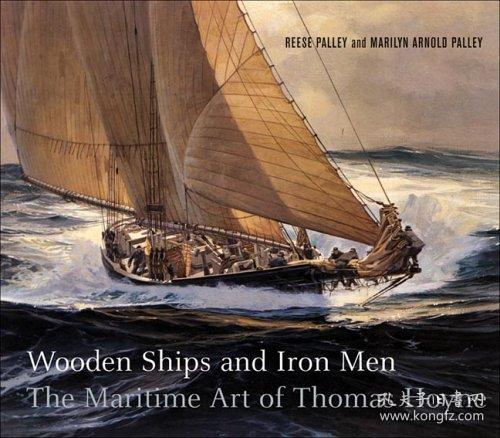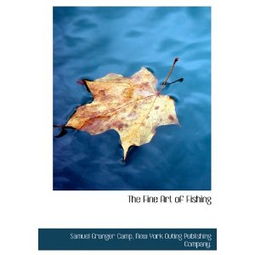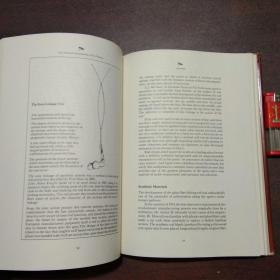Introduction:
River hook fishing, an ancient and revered method of angling, offers anglers the unique challenge of navigating the dynamic currents and depths of rivers. Whether you're a seasoned angler or a beginner looking to explore the waters, mastering the art of river hook fishing can lead to some of the most rewarding catches. In this article, we delve into the essential techniques and tips that will help you become a proficient river hook fisherman.
Choosing the Right Gear:
The foundation of successful river hook fishing lies in selecting the appropriate gear. Here are some key considerations:
1 Rod and Reel: Opt for a medium to heavy-duty rod with a fast action, which allows for better sensitivity and control. A spinning reel is ideal for river fishing due to its smooth drag system and ability to handle heavier lures and baits.
2 Line: Use a monofilament line with a breaking strength of 8 to 12 pounds. This line offers enough stretch to absorb shock and protect your hook from getting snagged on rocks or other debris.
3 Hooks: Choose sharp, durable hooks in sizes appropriate for the fish you're targeting. For larger fish, go for a 2/0 to 4/0 hook, while smaller fish may require a 6/0 to 8/0.
4 Lures and Baits: River fish are often picky eaters, so it's crucial to use the right lures and baits. Live bait like worms, minnows, or leeches can be highly effective, while artificial lures such as spinners, crankbaits, and soft plastics can mimic natural prey.
Understanding River Conditions:
To succeed in river hook fishing, you must understand the river's conditions and how they affect fish behavior.

1 Currents: Rivers are dynamic, with currents that can vary in speed and direction. Identify areas with slower currents, such as pools or eddies, where fish often rest and feed.
2 Depth: Fish tend to congregate in deeper areas, such as holes or drop-offs, where they can escape from predators and find food. Cast into these areas to increase your chances of a successful catch.
3 Structure: Observe the river's structure, such as rocks, logs, and vegetation, as these can create natural holding spots for fish. Target these areas with your casts.
Casting Techniques:
Proper casting techniques are essential for successful river hook fishing.
1 Accuracy: Practice your casting to ensure accuracy. Aim for spots where you see fish or where you believe they might be holding.
2 Distance: Cast out as far as possible to cover more water and increase your chances of finding fish. However, don't sacrifice accuracy for distance.
3 Timing: Time your casts to land your lure or bait at the right moment. For example, if you're using a lure that imitates a swimming fish, try to cast when the lure is in a natural swimming position.
Presenting Your Bait or Lure:
The way you present your bait or lure can make a significant difference in whether you catch fish or not.
1 Natural Movement: Fish are more likely to strike if your bait or lure looks natural. For live bait, allow it to drift with the current. For artificial lures, use a natural swimming or swimming motion.
2 Vary Your Rhythm: Experiment with different retrieves, such as slow and steady, erratic, or a stop-and-go pattern. This can trigger a fish's interest and encourage them to strike.
Patience and Observation:
River hook fishing requires patience and a keen eye.
1 Be Patient: Fish may not bite immediately, so be patient and wait for the right moment. If you're not getting bites, try changing your lure, location, or technique.
2 Observe Fish Behavior: Pay attention to the behavior of the fish you're targeting. If they're actively feeding, you're more likely to catch them. Conversely, if they're not interested, it may be time to move to a different location or try a different approach.
Conclusion:
River hook fishing is a skill that takes time to master, but with the right techniques and mindset, you can enjoy successful outings and breathtaking catches. By selecting the proper gear, understanding river conditions, mastering casting techniques, and observing fish behavior, you'll be well on your way to becoming a proficient river hook fisherman. Remember, patience and practice are key to success, so get out there and start exploring the many opportunities that river fishing has to offer.












